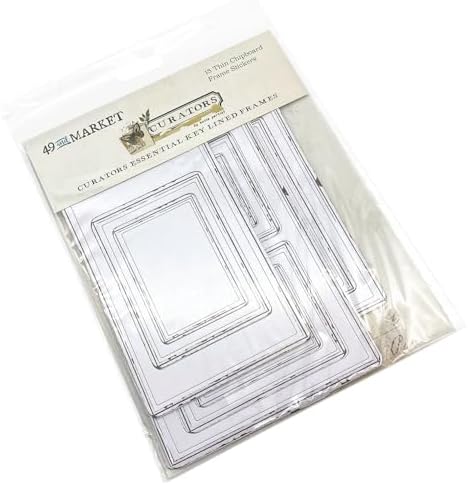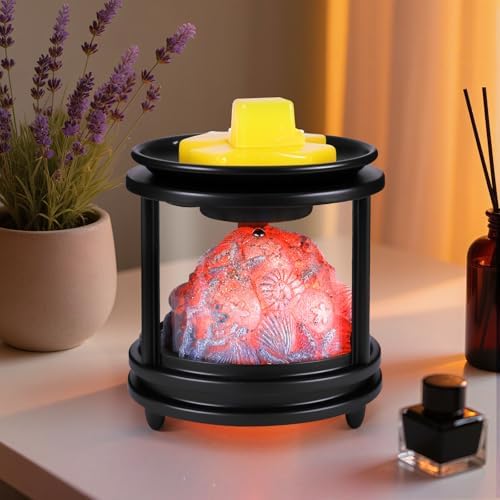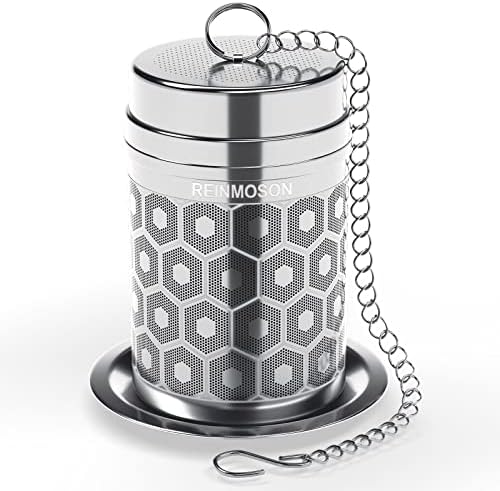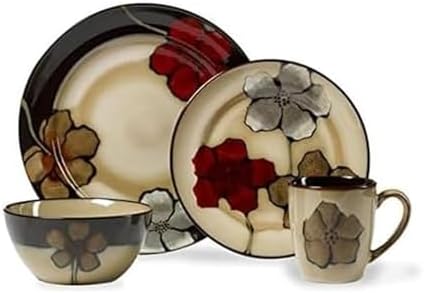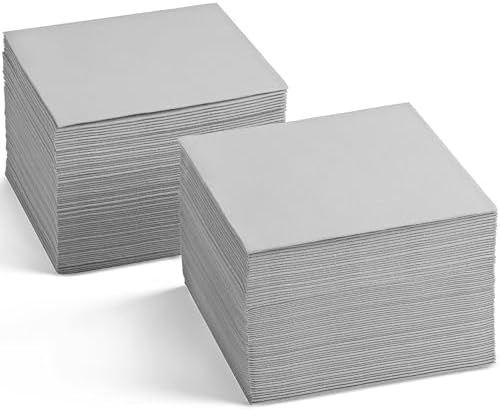The Aesthetic Pantry: Organization Solutions that Look Beautiful
The pantry is often the most disorganized room in the house. It tends to be a graveyard for half-boxes of cereal, crumpled-up snack packaging, and mismatched Tupperware. Although we close the door to mask the mess, the visual clutter inside generates an unconscious stress every time we cook. A beautiful pantry is more than just creating a picturesque room from a magazine. It also serves as a system of design, bridging both functionality and beauty.
But when you remove the loud packaging and organize items by categories, you will have clarity. You will understand that you know exactly what you have, what you need to buy, and where to find the items. Here is how to create a pantry that is both beautiful and functional.
read more: Farm to Table at Home: Sourcing and Celebrating Local Ingredients
The Power of Decanting
The easiest thing to do to give your pantry a makeover is to remove packaging. Cardboard boxes and plastic bags are made for a store shelf, not for a peaceful home. Your visual clutter will be eliminated by putting your dry goods in identical bins.
Glass containers or high-quality plastic containers will get your pantry organized. This is how you can observe how much pasta, how much rice, or how much flour is left, which will stop you from buying too much. You should opt for square or rectangular storage containers over rounded ones, which fit well inside the shelf.
Baskets for Concealment
Not everything looks good in a clear jar. Protein bars, bags of chips, and back stock products can appear disorganized despite being neatly stored. It is in these instances that closed storage solutions come into play.
Use woven baskets or wooden boxes for these irregular supplies. These materials, such as water hyacinth, rattan, or seagrass, will not only add texture and interest, making the area far from clinical, but also make it more organized as it is hidden from view. Categorize these items: one basket for snack supplies, another for baking supplies, another for onions and potatoes.
read more: The Curator’s Kitchen: Styling Cookbooks and Art on Countertops
Zoning and Ergonomics
A beautifully organized pantry must have a logical workflow. If you have to get three big bottles of stuff to get to the olive oil, it’s not going to work for a week. Assign shelves according to your daily patterns and heaviness of items.
Store heavy objects like appliances or containers of liquid on the floor or bottom shelf. Store the items you use most in the room, such as breakfast foods, at eye level. Save the top shelves for light objects that you do not use very much, like party supplies or holiday forms.
The Vertical Advantage
A major problem with deep pantries is the loss of visibility. Your cans and jars get relegated to the back and before you know it, they’ve expired even before you’ve forgotten that they are even in the pantry. A solution to this problem would be the creation of tiers.
Make use of a shelf riser where you store your canned foods and spices. With the use of a shelf riser, you can view all the labels of the products from the back rows just by giving the shelf a glance without having to lift the products in front of them.
Minimalist Labeling
After decanting your belongings, it’s essential that you put names on them. But please don’t end up with the scribbled post-it notes that some people have. Labeling with a consistent theme helps bring the whole design scheme together.
A modern look calls for simple white vinyl lettering or a white paint pen right on the glass. Keep your lettering style simple and easy to read. Position your labels at an equal height on all jars to establish a level horizon line across all shelves.
Curating the View
Your pantry may be a functional area, but it can also be an area of joy. Your pantry, with its mix of glass, natural baskets, and zoning, transforms a storage closet into a designed room. It inspires you to cook, reduce waste, and savor the process of creating meals.
read more: Color Psychology: How Kitchen Tones Influence Appetite and Emotion




